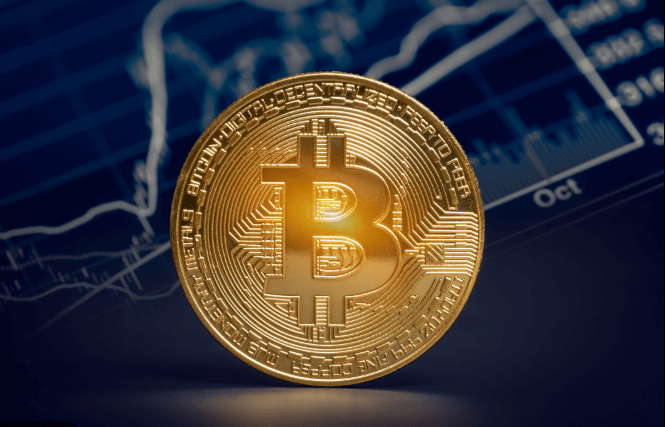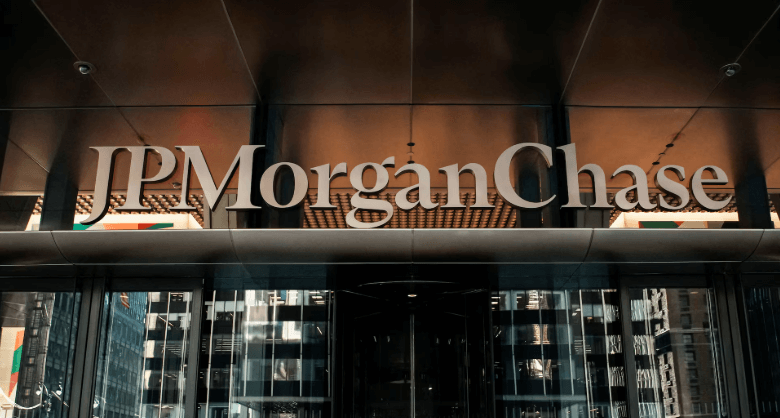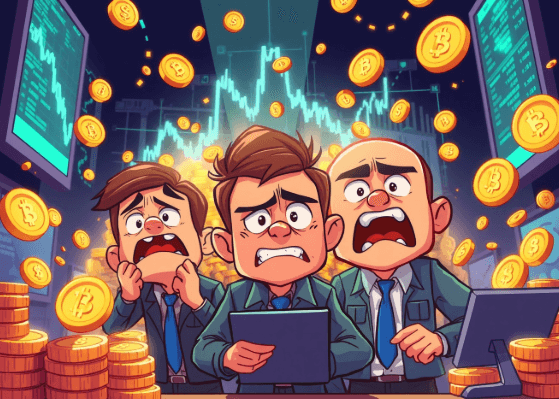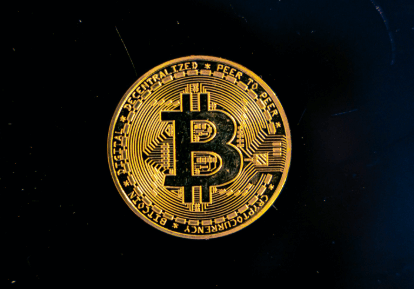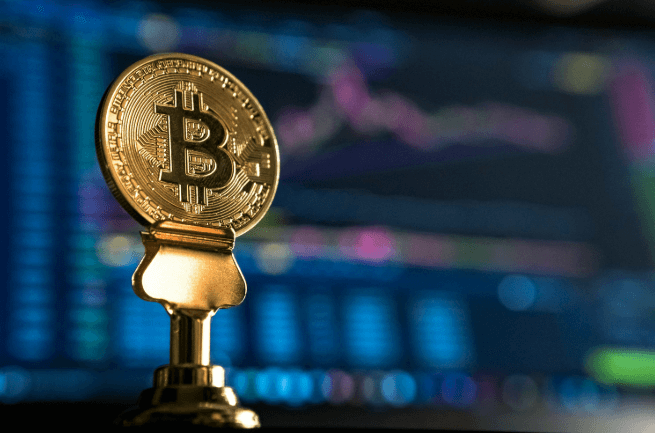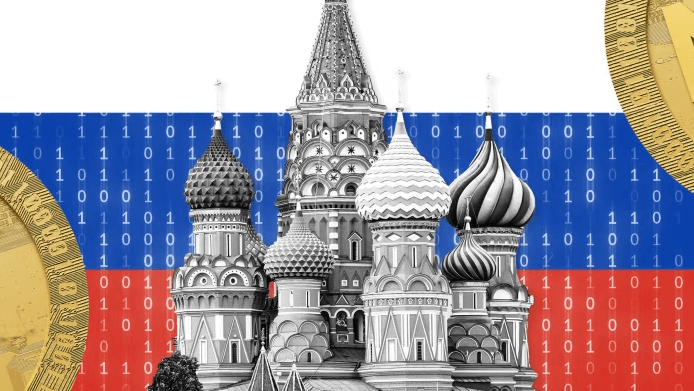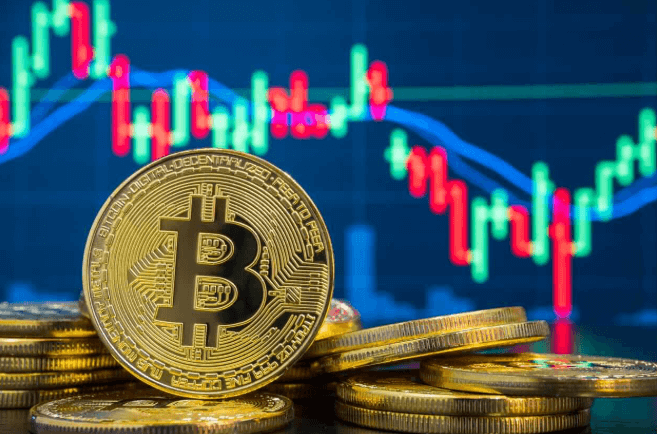For years, Ripple Labs and its cryptocurrency, XRP, have been at the center of one of the most significant legal battles in the crypto industry. The U.S. Securities and Exchange Commission (SEC) filed a lawsuit against Ripple in December 2020, alleging that XRP was an unregistered security. The outcome of this case could set a precedent for the entire cryptocurrency market, influencing regulations, investor confidence, and XRP’s long-term value.

The SEC’s Case Against Ripple
The SEC claims that Ripple conducted an unregistered securities offering by selling XRP, arguing that it should be classified as a security rather than a currency or commodity. According to the SEC, Ripple raised over $1.3 billion through XRP sales without proper regulatory approval. The key legal debate revolves around the Howey Test, a standard used to determine whether an asset qualifies as a security.
Ripple’s Defense and Counterarguments
Ripple has strongly denied the SEC’s allegations, stating:
- XRP is not a security – Ripple argues that XRP functions as a digital currency, similar to Bitcoin and Ethereum, which the SEC has not classified as securities.
- Lack of Fair Notice – Ripple claims that the SEC failed to provide clear guidelines on the classification of digital assets before filing the lawsuit.
- XRP’s Utility – Unlike securities, XRP is actively used for cross-border payments and liquidity solutions through RippleNet, supporting its role as a functional currency.
Impact on XRP’s Price and Market Position
Since the lawsuit began, XRP has experienced significant price fluctuations:
- December 2020: XRP’s price dropped over 50% as major exchanges like Coinbase and Binance US delisted it due to legal uncertainty.
- 2021-2022: XRP’s price remained volatile, moving between $0.50 and $1.50 as court rulings and investor sentiment shifted.
- 2023-Present: Recent partial victories for Ripple, where a judge ruled that XRP sales on secondary markets were not securities transactions, led to a price rally and relisting on major exchanges.
Broader Implications for the Crypto Industry
The Ripple vs. SEC case has sparked debates about crypto regulations and could have wider consequences, including:
- Increased Regulatory Clarity – A ruling in favor of Ripple might push regulators to establish clearer frameworks for digital assets.
- Legal Precedent for Other Cryptos – The case could influence how other cryptocurrencies are classified, impacting projects like Cardano, Solana, and Algorand.
- Institutional Adoption of XRP – A favorable ruling could encourage banks and financial institutions to integrate XRP into their payment systems without fear of regulatory backlash.
What’s Next for Ripple and XRP?
While Ripple has won some legal battles, the case is not over, and potential appeals from the SEC could extend the legal proceedings. Meanwhile, Ripple continues to expand its partnerships with global financial institutions, focusing on on-demand liquidity (ODL) solutions and cross-border payments.
Investors and the crypto community closely watch the case’s developments, as the final ruling will play a critical role in shaping the regulatory future of cryptocurrencies in the United States and beyond. Whether XRP emerges stronger or faces more challenges, the outcome of this lawsuit will remain a defining moment in crypto history.
Disclaimer: This article is for informational purposes only and is not investment advice. Investors should research carefully before making any decisions. We are not responsible for your investment decisions.


